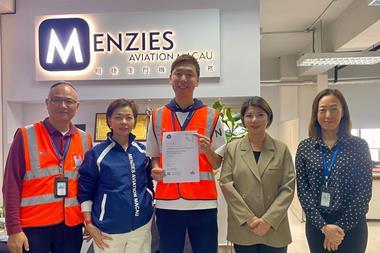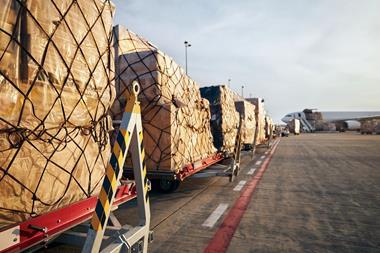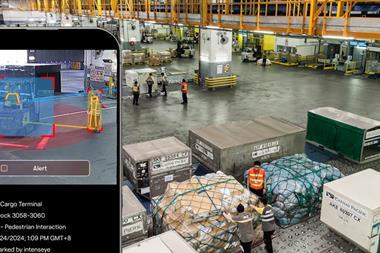Much of the emphasis in air cargo security has been to add yet further measures and could end up slowing the flow of airfreight around the world, an IATA expert told the Transport Security conference in London.
Christian Piaget, IATA senior manager for cargo, customs and claims, said that while many aspects of security for passengers had been automated, this did not seem to be happening in cargo.
This could be contributing to average transit times for international air cargo of around six days, which had not improved over the past 30 years, he said.
Much of the technology used in air cargo screening was based on that for passengers and was not always appropriate, he added.
Customs processes were a major factor in delaying air cargo. Data elements were requested 70 times on average, said Piaget.
Efforts had been made to manage this through the World Customs Organization (WCO)’s ‘SAFE’ framework of standards to facilitate global trade, under which some data would be given to customs authorities before loading onto the aircraft with further cheques before and on arrival.
However, said Piaget: “While 189 countries have ratified SAFE standards, only 65 have actually implemented them”.
There were still problems in that some customs authorities were demanding information much earlier than in others and also that airlines were often being asked to provide information that they did not have. In some cases, the enquiry would be better directed at the forwarder or shipper.
Nevertheless, work was continuing on ‘capacity building’ for airfreight security, said Piaget. The Secure Freight Programme, implemented in 2008, had identified potential bottlenecks and inconsistencies in the system and made countries more aware of their obligations.
There was also evidence that security measures had improved some aspects of the industry, for example by greatly reducing the number of consignments that went missing, Piaget concluded. “Security is not necessarily be a burden. It does not have to be a depressing subject.”










